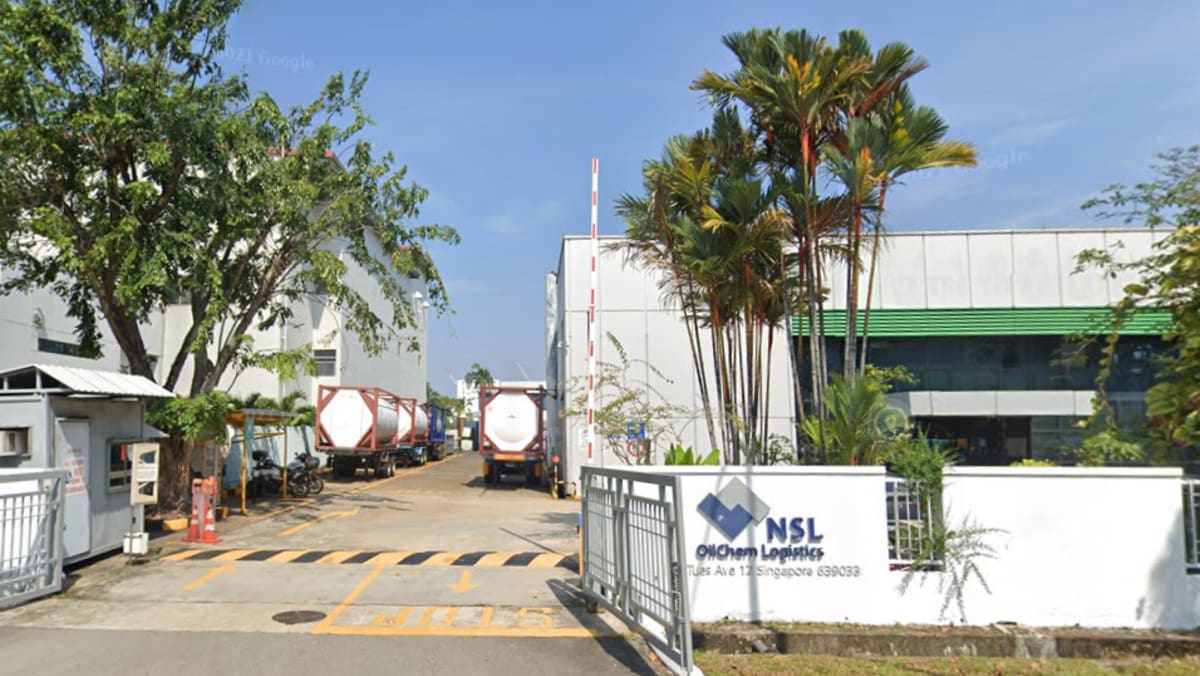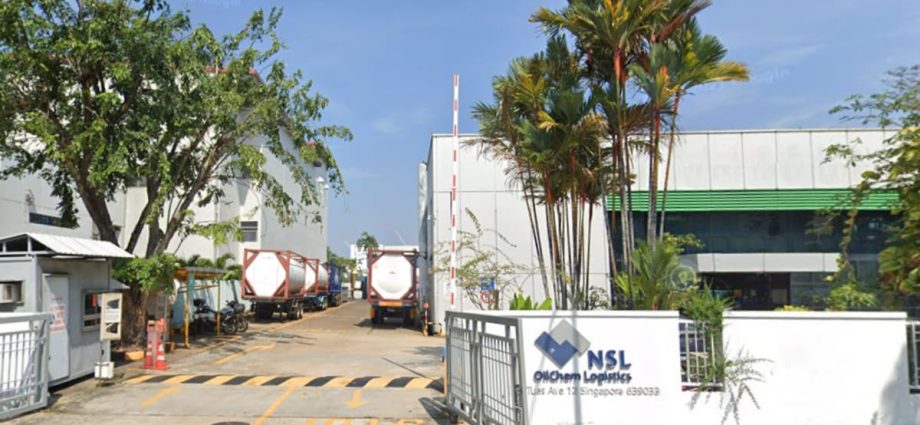
HOW THE OFFENCES WERE DETECTED
Between May 2021 and September 2021, PUB’s online sensors detected “abnormally high” levels of prohibited volatile compounds in the used water discharged from factories in the Pioneer Sector area.
PUB officers carried out a surprise inspection at Chem Solv-Technologies’ premises on Sep 6, 2021, and found that greenish effluent, containing eight different types of prohibited organic compounds, was being discharged into public sewers.
One of these compounds was toluene, which is typically used as a solvent or an industrial feedstock.
PUB found that the concentration level of toluene in the effluent was “dangerously high” and could have “posed a fire or explosion hazard in the public sewerage system”.
Between December 2021 and January 2022, the agency’s regular sampling regime detected abnormally high levels of regulated substances, including heavy metals, on several occasions in public sewers located in the Tuas area.
PUB said it traced the readings to NSL OilChem Logistics’ premises and collected samples of the company’s trade effluent on Jan 25 and Feb 1 last year.
Tests confirmed the presence of three heavy metals and boron “beyond permissible levels”.
NSL OilChem Logistics was previously convicted on Oct 12, 2021, for illegally dumping trade effluent, or liquid waste, into public sewers on two separate occasions the year before. The firm was fined S$17,000.
A routine inspection by PUB on May 20, 2022, found that Century Water Systems and Technologies was discharging non-compliant trade effluent containing high concentrations of dimethylacetamide, which is commonly used in industrial solvents.
The company did not engage a licensed toxic industrial waste collector for proper disposal, with the agency saying high concentrations of dimethylacetamide have been known to cause disruptions to the NEWater production process, which results in Singapore’s reclaimed water.
Director of PUB’s Water Reclamation (Network) department Maurice Neo said the agency “will not hesitate” to take enforcement action against any companies caught breaking the law.
“Used water is a precious resource that is treated and recycled to produce NEWater, and our public sewerage system plays a key role in the reclamation process. Companies must correctly dispose of their trade effluent,” he added.
“The illegal discharge of non-compliant trade effluent into our public sewers can cause environmental pollution, disrupt the operations at our used water treatment plans, and endanger the health and safety of workers,” he added.
REGULAR MONITORING OF EFFLUENT DISCHARGE
PUB said it monitors more than 5,000 companies annually for trade effluent discharge containing regulated substances into sewers.
A programme, comprising real-time online sensors, routine inspections and regular sampling analysis, is in place to detect discharges of non-compliant trade effluent.
The penalty for discharging hazardous substances is a fine of up to S$15,000, a jail term of up to three months, or both.
PUB may also revoke approval for trade effluent discharge or issue stop-order notices to errant companies. These orders will only be lifted when the companies implement appropriate remedial measures.

